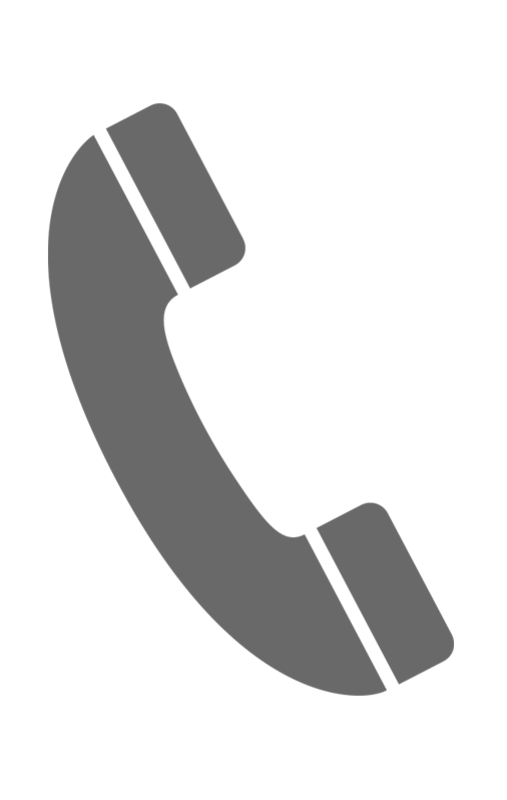Does Caffeine Shampoo prevent Hair Loss in Men?
Caffeine shampoo is a product that’s been filling the shelves of our local supermarkets and drugstores for quite some time, having won its success by drawing people to the many benefits it’s said to hold; such as hair regrowth, and the prevention of hair loss. These claims are based upon the results of a 2007 lab experiment that found caffeine stimulated the regrowth of hair follicles in a petri dish. But how do these results reflect upon the effectiveness of caffeine shampoo? Does the product work as well as it is said to?
As it turns out, the answer to these questions is unclear. The above study may show that caffeine has an effect on hair growth when in a laboratory dish, but this doesn’t provide us with evidence that we would receive the same findings when applied to the scalp. There is currently no viable clinical evidence that caffeine shampoo has any lasting effects on issues of hair loss such as male pattern baldness and alopecia, leading there to be substantial debate surrounding whether the product actually works at all; let alone matches the success of the initial study. Caffeine shampoos have also been reported to have some negative, and pretty serious, side-effects, such as burning or redness of the scalp caused by bad reaction and irritation. Because of this reasoning, caffeine shampoo is generally not endorsed or recommended by UK medical professionals as a treatment for hair loss, suggesting it might be best to look elsewhere for an effective solution to the problem.
For consumers looking to effectively combat their hair loss issues, there are currently two clinically proven treatments on the UK market.
Finasteride/Propecia
Finasteride, often sold under the name Propecia, is a prescription tablet and one of the treatments on offer that’s said to assist with hair loss. It is a remedy that has been proven to stop hair loss in 90% of men and, in some cases, even promote the regrowth of hair, making it a viable potential option. However, the treatment comes accompanied with some pretty concerning side effects. Chest pains, cold sweating, weakness, swelling of the hands and feet, and erectile problems are all symptoms frequently reported by users of this hair loss treatment. More so, if use of the product is halted, any benefits as a result are lost. Finasteride is not available under the NHS, but can be attained through the utilisation of private prescription or various online pharmacies.
Minoxidil/Regaine
Minoxidil, often named Regaine, is another hair loss treatment currently on the market. The product, in the form of a medicated lotion, is massaged into the scalp on a daily basis and can be used to treat multiple hair loss types such as male pattern baldness and female pattern baldness, as well as alopecia. This remedy has been found to prevent, and potentially reverse, hair loss in approximately 60% of men but, similarly to Finasteride, this benefit comes accompanies with an accumulation of side effects. Frequently reported issues of the product include dizziness, vomiting, swelling, breast tenderness or pain, and changes to the length, thickness, and colour of hair. Minoxidil is also not available for free under the NHS. It can be bought over the counter as Regaine, but is only licenced for use upon hair loss caused by hereditary reasoning.
To conclude, with caffeine shampoos potentially not performing as well as originally thought, and the clinically proven options being accompanied by a large number of negative side-effects, many consumers suffering from hair loss may be encouraged to start searching for other options, such as hair transplant treatments, that can offer a more effective result without any sacrifice to their general health. Are you looking for more options that will help you achieve a full head of hair? Visit our transplant treatments page to find out more. Or for other options, check out our article on the best foods to eat for hair loss prevention.
Share this post:

